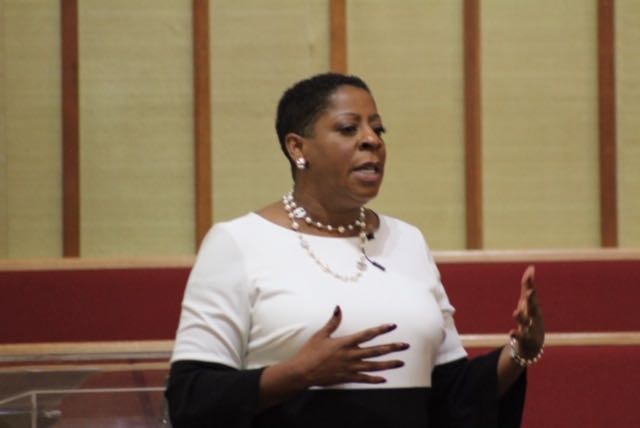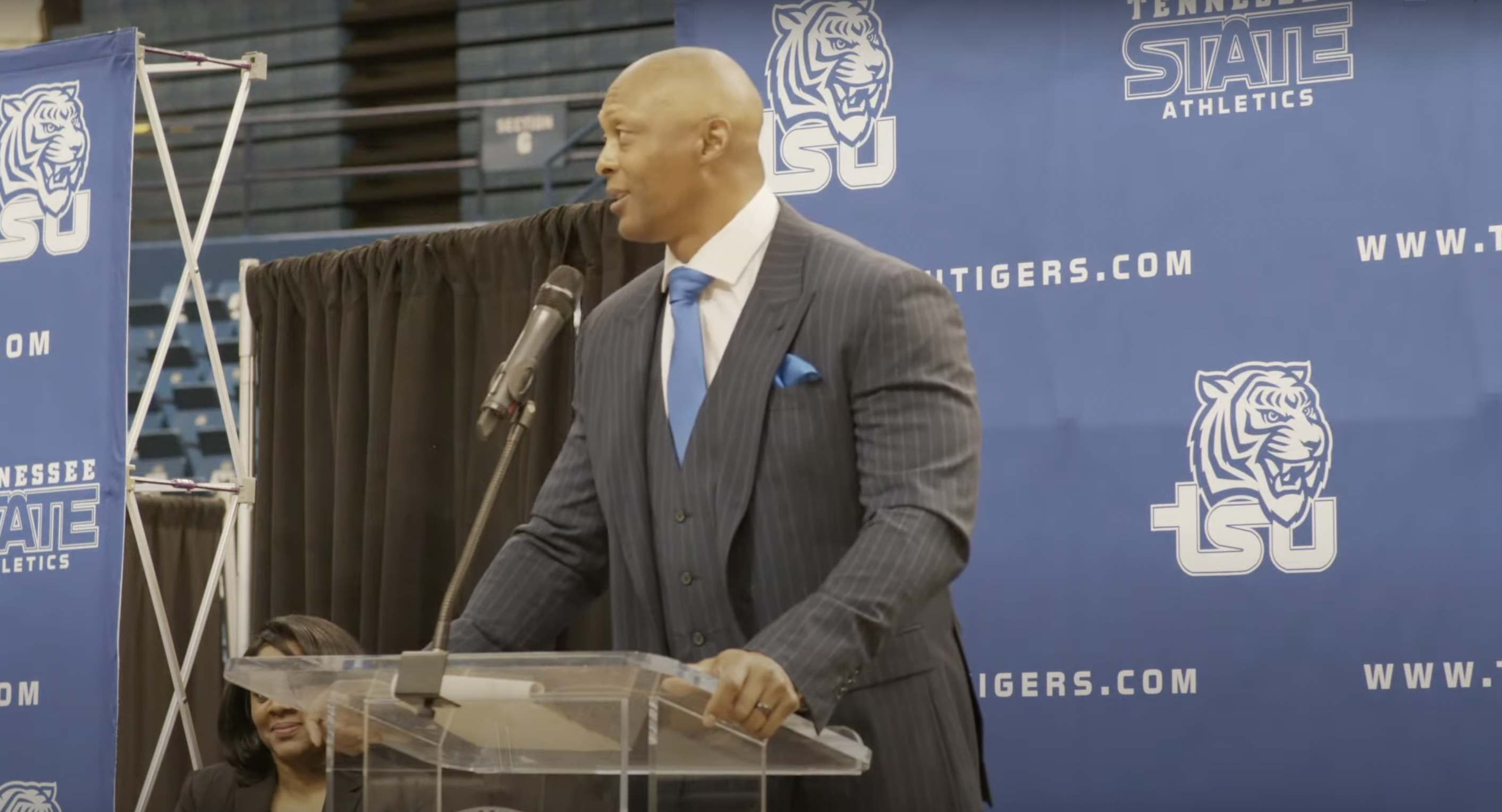NASHVILLE, Tenn. – Experts at a recent forum on mental health stressed the importance of doing away with the stigma associated with mental illness, especially in the church.
Dr. Sherry Blake, a nationally recognized clinical psychologist, led a panel of mental health professionals at Faith United Missionary Baptist Church on Friday. The free forum was open to the community, and the church was packed.
Mental illness continues to be a national issue. But in some black communities, the topic is taboo. At the forum, experts discussed how to remove the stigma, find problems, and aid congregants and the community in getting care to manage their mental health.
“Your mental health is just as important as your physical health,” said Blake, who is also a relationship expert that has been on reality TV shows like Braxton Family Values and The Real Housewives of Atlanta. “You cannot have good physical health and have poor mental health, or have poor mental health and great physical health. You have to work on both. They go hand in hand.”
However, Dr. Thurman Webb, Jr., assistant professor of psychology at Tennessee State University and one of the panelists, said some people, particularly in the church, do not seek help for their mental illness because they are afraid of being stigmatized.
“You get phrases like, ‘he’s touched in the head,’ or ‘a little bit off,’” said Webb. Then, as another expert pointed out, there’s the assumption that the person has a “demonic spirit,” and prayer is the best remedy.
“We have to start … looking at how we respond to people,” Blake said. “Sometimes things happen in life, parents die, love ones die, and we grieve. But it doesn’t mean that we will go into clinical depression. We have good days and we have bad days.”
There are individuals, however, that may need clinical help, and prayer is not enough, said Dr. Roosevelt Walker, Sr., senior pastor at Faith United Missionary Baptist.
He said pastors and religious leaders should not hesitate to seek professional psychological help for individuals they believe need it.
“We don’t have all the answers,” Walker said. “Sometimes there are other avenues we need to tap into.”
According to a survey taken at the forum, 50 percent wrote “yes” when asked if the church they attend can help them with a mental health problem, and the other half responded “no” to the question.
“The church is the beginning step in a lot of black communities, but it’s not the end step,” Webb said.
George Crutcher drove from Mt. Juliet, Tennessee, to attend the forum. He said such events are needed, particularly for young people who might struggle with mental illness.
“Too many of our young men and women end up in the downtown jail, instead of being treated for what it is,” he said.
To learn more about mental illness and how to get help, visit https://www.nami.org/Learn-More/Mental-Health-Conditions.









